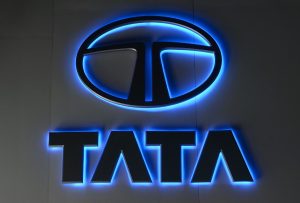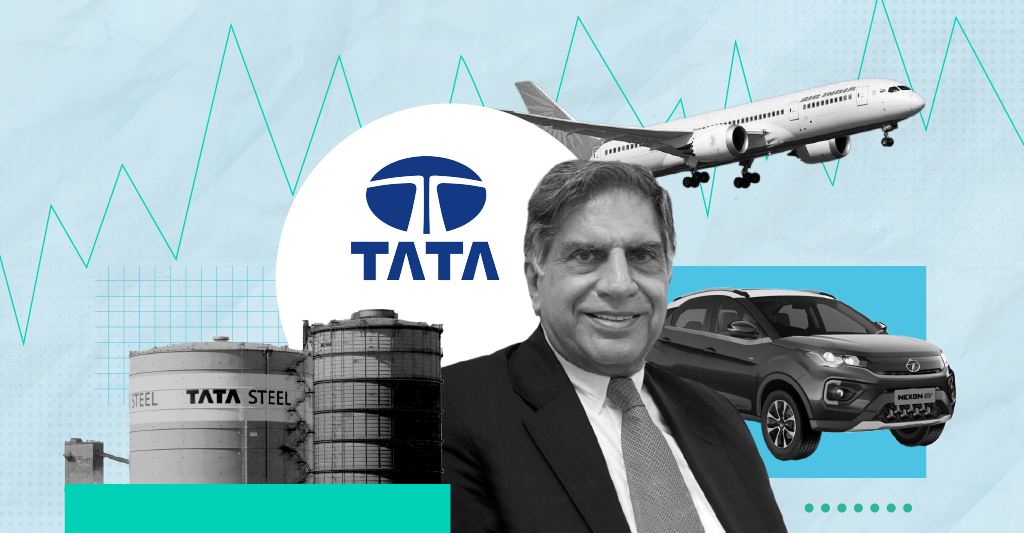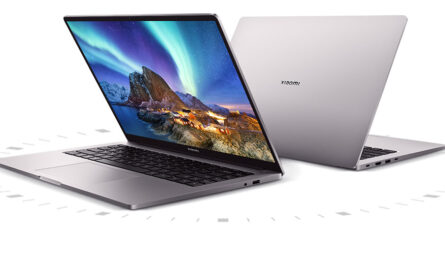Tata Group is an Indian multinational conglomerate headquarter in Mumbai, Maharashtra. Founded on 28 December 1868 by Jamsetji Tata, it has since expanded to become the largest and most diversified Indian company in terms of revenue and assets. It is ranked at number 243 on the Fortune Global 500 list of the world’s biggest corporations as of 2016, with a revenue of US$109 billion.
The Tata Group has operations in several industries which include manufacturing, technology services, chemicals, and automotive enterprises, hospitality & logistics services, and agricultural production. The company has interests in more than 100 companies across 30 countries.
What is Tata Group?
Tata Group is an Indian multinational conglomerate headquarter in Mumbai, Maharashtra. Founded on 28 December 1868 by Jamsetji Tata, it has since expanded to become the largest and most diversified Indian company in terms of revenue and assets. It is ranked at number 243 on the Fortune Global 500 list of the world’s biggest corporations as of 2016, with a revenue of US$109 billion.
Although formed by civil engineer Sir Dorab Tata and three other ‘civil’ engineers namely Sir Arthur Berens, Sir Arnold Harris Bain, and Sir Seth Morton Peto, The TATA Group was incorporated in 1909 with the name ‘Tata Iron & Steel Company’.
Tata Steel became an autonomous company after India gained independence from Britain in 1947.
What companies does Tata group own?
Tata Group has interests in more than 100 companies across 30 countries.
Tata Motors
The first car maker to receive a license from the Central Motor Vehicle Standards Organization (CMVSS) in India. It is now the largest passenger vehicle manufacturer in India, with operations in more than 12 countries.
Tata Photon
A global SDO company that manufactures and supplies specialized lighting solutions for shipping, countertops, indoor advertising and exhibition space applications, sports stadiums, and stage productions.
Tata Power
A power generation company based in Mumbai, India is engaged in the generation of electricity from clean fuel sources such as nuclear energy and hydroelectricity. It is India’s largest private sector power company.
Tata Steel
Founded in 1889, Tata Steel became an autonomous company after India gained independence from Britain in 1947. Tata Industries Limited – The largest producer of stainless steel flat goods in the world.
Tata Consultancy Services (TCS)
One of the world’s largest IT services companies, with more than 100,000 employees and operations in 36 countries. TCS operates through four business units – Applications, E-Business Solutions (Enterprise Web Solutions), Information Systems and Technology Services (ITS), and Global Delivery Services.
Tata Chemicals Ltd (TCL)
The Indian pioneer company in the chemicals industry with a significant presence across the value chain since its inception in 1929.
Tata Global Beverages (TGB)
TGB, a joint venture between Tata Consultancy Services Ltd. and Coca-Cola Enterprises, produces and distributes Coke products in India.

Tata Capital
The company provides financial solutions to Tata Group companies and other enterprises.
TTCL (Tata TeleServices Limited)
A leading integrated telecommunication services provider in India, offering network services, equipment supply, and value-added services to consumers and businesses.
History of TATA
1839–1904
Mumbai and Navsari were the first centers of Tata’s interest. In 1839, Jamsetji purchased a cotton yarn from England and sold it to the weavers at Navsari in Gujarat. He then purchased cotton in quantity, had it dyed and bleached by the best technology available, and sold it back to the weavers in Gujarat. A similar early purchase from Britain was graphite for the pencil industry. This was sold to a few local artists who made sketches on paper with this lead. When Jamsetji moved to Bombay, he started a small import business with his partners Dinshaw Rustomji Petit and Hirachand Doshi. Soon, he established a trading firm under the name ‘Tata & Co. P. Ltd.’ in Bombay.
Soon, Jamsetji established a small trading firm with his partners Dinshaw Rustomji Petit and Hirachand Doshi. He started exporting castor oil to England and importing enamelware of various types from England.
In the year 1849, Jamsetji purchased a cotton yarn from England and sold it to the weavers in Navsari (Gujarat). He then purchased cotton in quantity, had it dyed and bleached by the best technology available, and sold it back to the weavers in Gujarat(India). A similar early purchase from Britain was graphite for the pencil industry. This was sold to a few local artists who made sketches on paper with this lead.
1904–1938
By the year 1904, Jamsetji had emerged as the biggest cotton merchant in Bombay. The year 1905 marked the birth of the Tata Iron & Steel Co. Ltd., with Jamsetji Tata, who was by now a very wealthy man and a determined entrepreneur, as its first Chairman.
In 1910, he bought out his partners and took full control over this business which had now grown to be one of the most lucrative mediums in India. Therefore, in 1912, Jamsetji started importing chemicals – namely quinine sulfate for use in curing malaria – from England. This soon became one of India’s largest importers under the label ‘Tata Chemicals’.
1938–1991
In 1938, Jamsetji sent his eldest son, J. R.D. Tata, to England to study engineering at Imperial College (London). In the following year, J. R.D. was invited to join Tata Iron & Steel as an independent director and secretary. Thus began a family relationship between the Tatas and Britain that has lasted to this day.
In the same year (1938), Jamsetji’s second son Ratan Tata joined the Imperial College of Science and Technology as a student of Engineering Science; he would spend only three years there before going on to complete an MSc in Mathematics from the University of London also in 1940.
1991–present
In 1991, with the assistance of his sons, Vijay and Ratan, J. R.D. Tata acquired the Taj Hotels Resorts and Palaces of Tata Group from the erstwhile Indian Hotels Company Ltd., which had fallen into a financial crisis following a number of bad investments in real estate. After restructuring the debts and purchasing assets such as the Gateway Hotel chain, this became one of the most successful acquisitions in corporate history.
Today, J. R.D. Tata is Chairman Emeritus of Tata Sons Ltd., India’s largest business conglomerate with annual revenues exceeding $60 billion (US) (200 billion INR).
Trusts running by TATA
TATA trusts are most prominent amongst all the trusts run by Tata Group.
Tata Sons established Tata Trusts, one of India’s largest philanthropic foundations, in 1934 at the behest of its founder Jamsetji Tata. However, Tata Trusts has assets valued in excess of US$11 billion (INR 6077 crore).
At a time when India was struggling to emerge from colonial rule, Jamsetji Tata had foreseen and articulated his vision for the betterment of India through international trade and industry. Therefore, he was convince that such an endeavor required a solid foundation of education and healthcare infrastructure. As well as social programs aimed at poverty alleviation.



